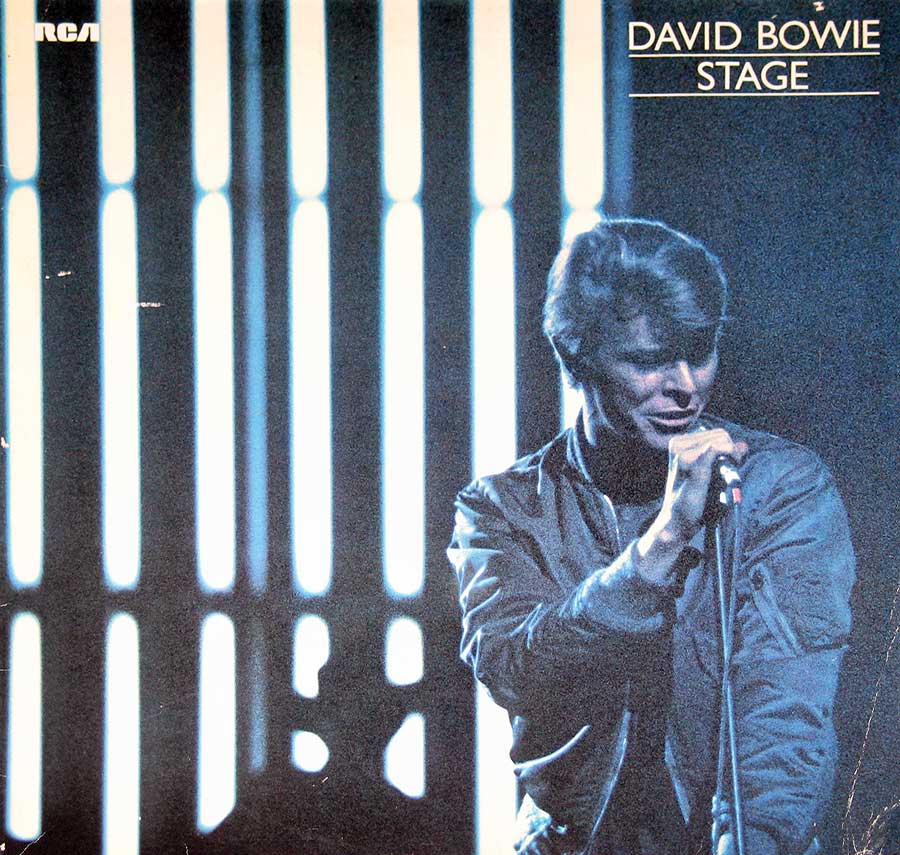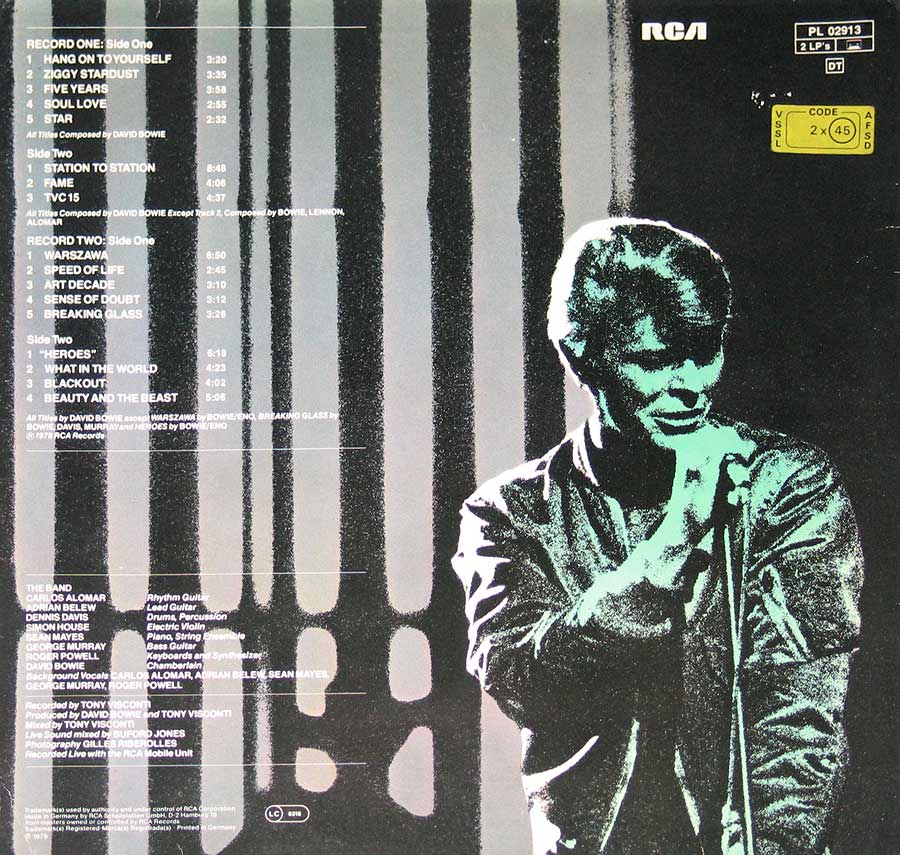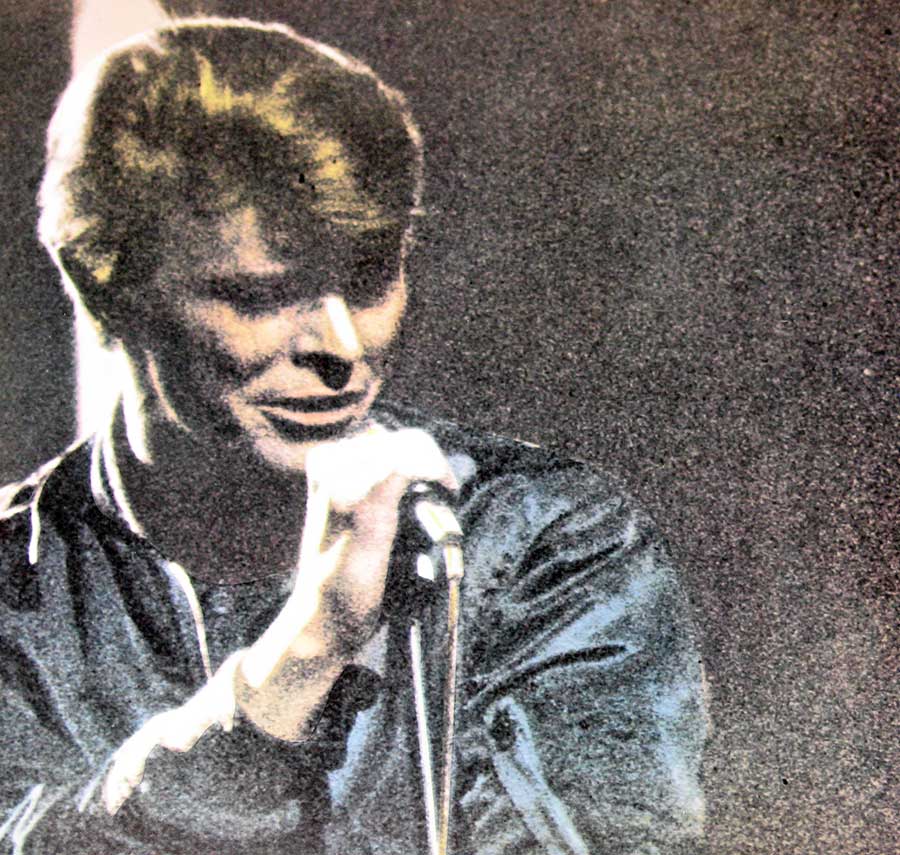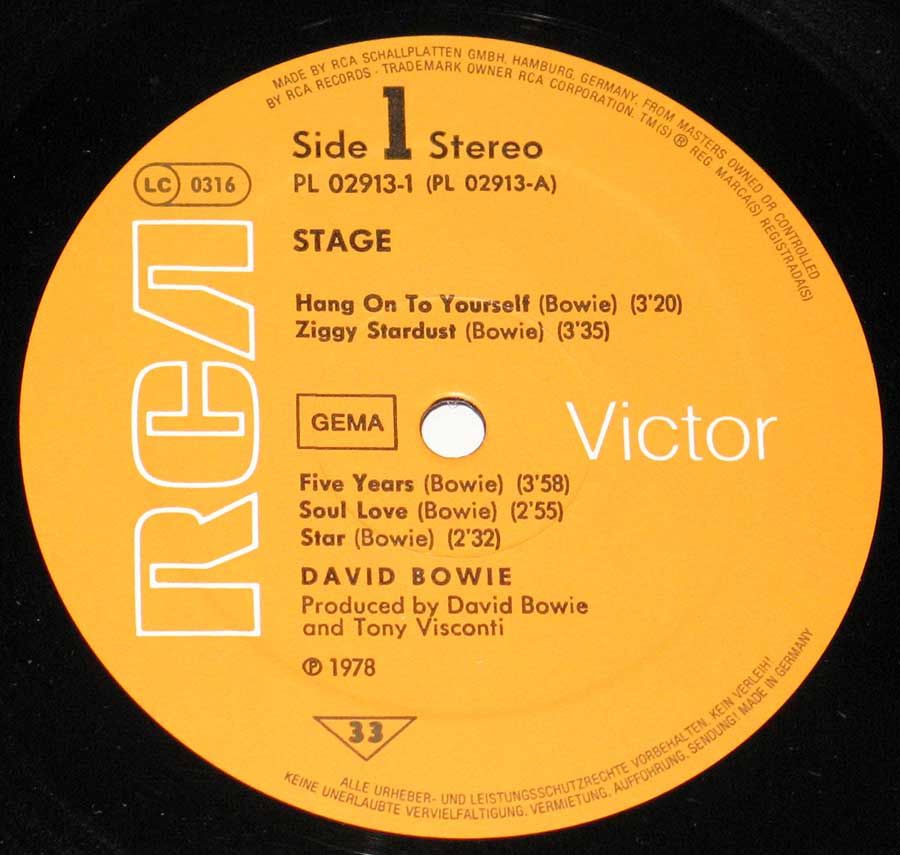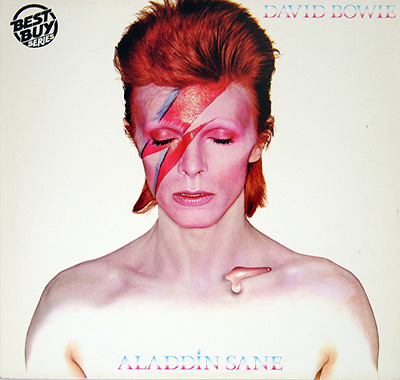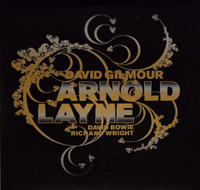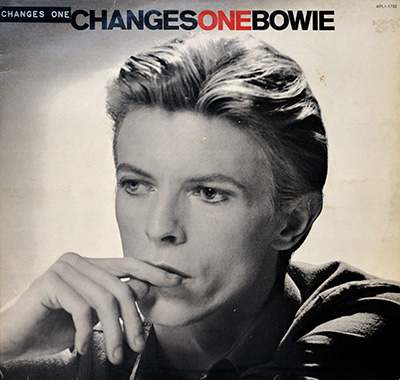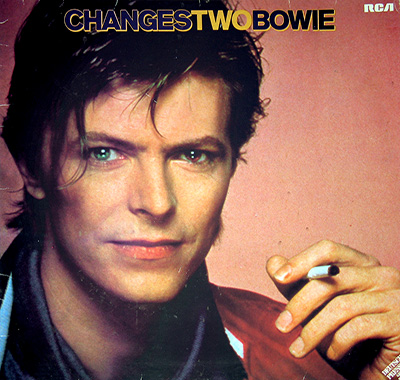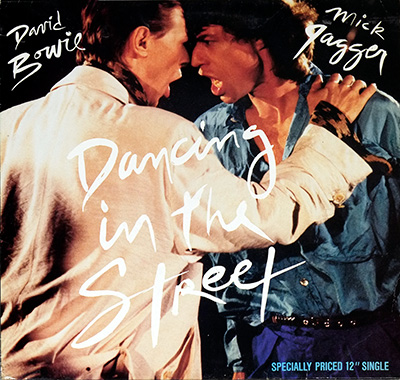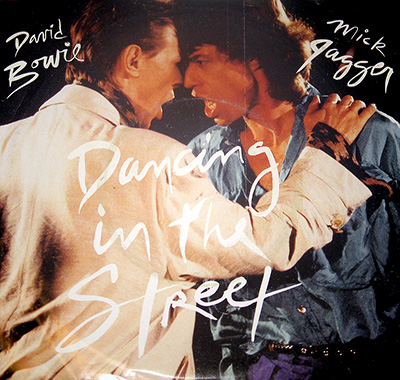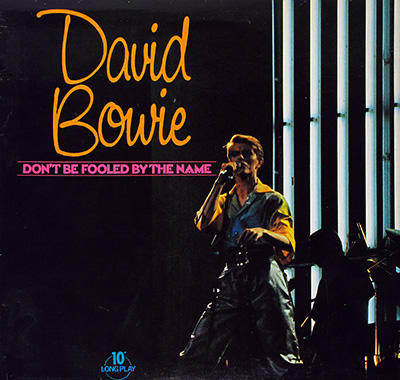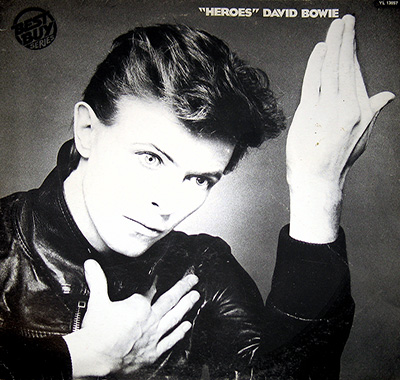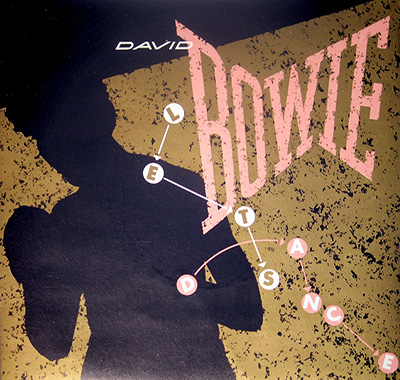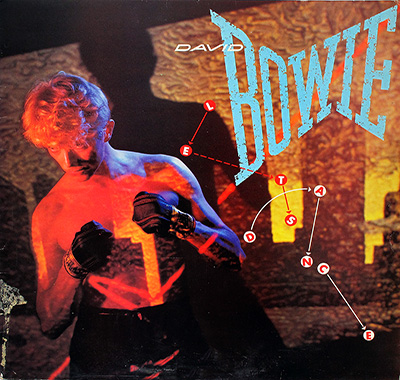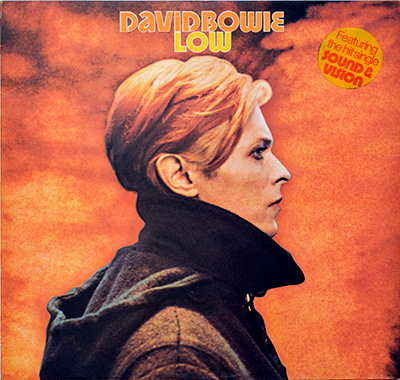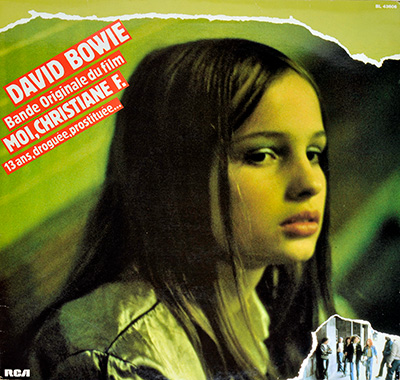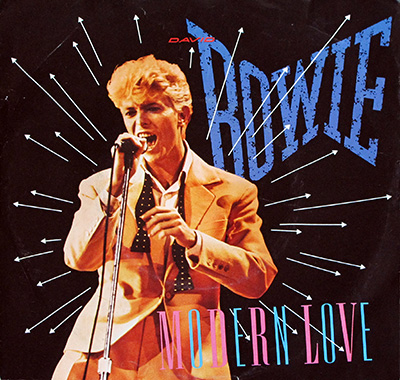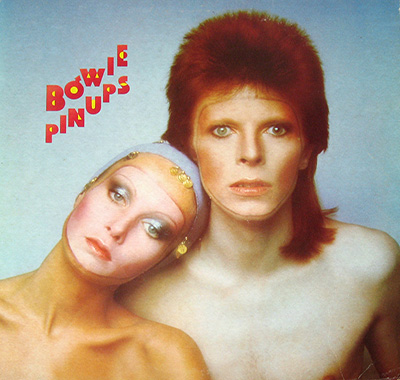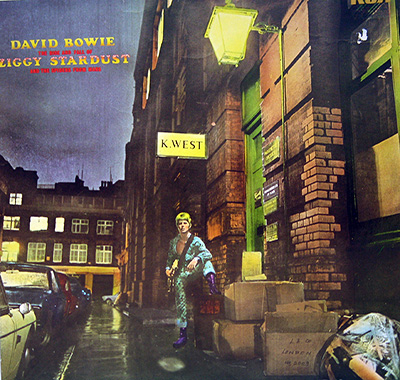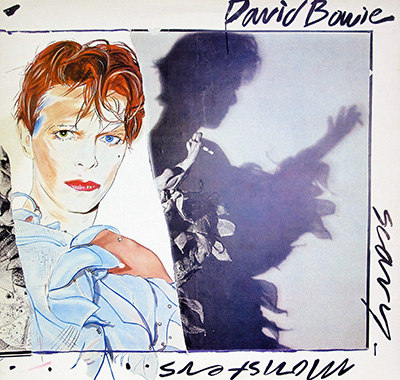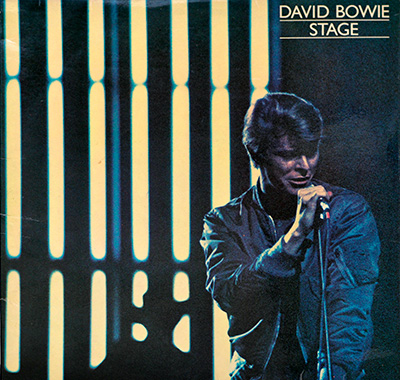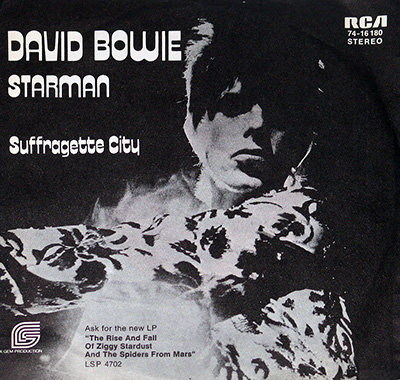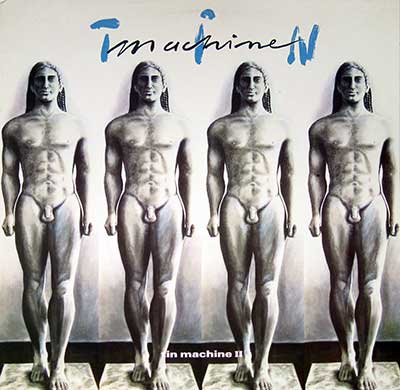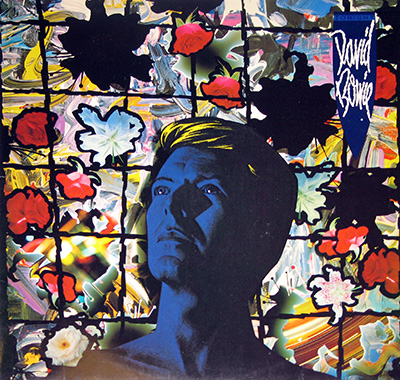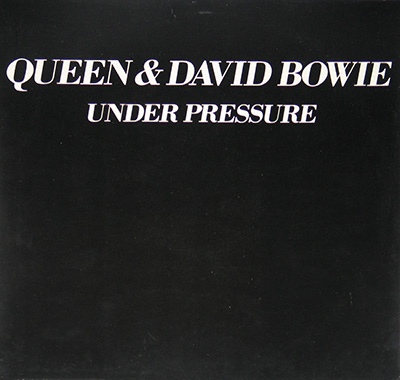|
Album Description:
David Bowie was one of the most iconic musicians of the 20th century. His innovative approach to music and performance had a profound impact on popular culture. In 1978, Bowie released his live album Stage, which captured some of his most memorable performances from his "Isolar II" tour.
Stage was Bowie's second live album, following 1974's David Live. However, while David Live was largely a collection of reworked versions of his earlier songs, Stage was a showcase for Bowie's new material from his "Berlin Trilogy" of albums, Low, Heroes, and Lodger. These albums marked a departure from Bowie's previous glam rock sound, incorporating elements of experimental electronic music and ambient sounds.
On Stage, these songs are given a new energy and intensity in their live performances. The album opens with the instrumental "Warszawa," which sets the mood for the rest of the album with its haunting synthesizer melodies and atmospheric sounds. The album then moves into a blistering version of "Heroes," one of Bowie's most iconic songs. The live rendition features a frenzied guitar solo from Adrian Belew, which adds a new dimension to the song's emotional intensity.
Other highlights from the album include "Breaking Glass," which features a driving bassline and Bowie's soaring vocals, and "Station to Station," which includes an extended jam session between Bowie and his band.
Stage was released during a period of transition in Bowie's career. He had just completed his "Thin White Duke" persona, which had been controversial due to its perceived associations with fascism. The "Isolar II" tour represented a new direction for Bowie, both musically and visually. He had adopted a more minimalist style, with understated stage costumes and subdued lighting.
The album also reflected Bowie's interest in electronic music and experimental sounds, which were becoming increasingly popular at the time. The success of albums like Low and Heroes helped to establish Bowie as a pioneer in this genre, and Stage showcased his ability to translate these sounds into a live setting.
The album's release also coincided with a period of political and social change in the UK. The late 1970s saw the rise of punk rock and a growing sense of disillusionment with the establishment. Bowie's music and style were seen as a departure from the excesses of the previous decade, and he became a symbol of the new wave of British music.
Stage was a critical and commercial success, reaching number 5 on the UK charts and number 44 on the US charts. The album helped to cement Bowie's reputation as a live performer, and it showcased his ability to adapt to changing musical trends. It also marked a transition in his career, as he moved away from the theatrics and excess of his earlier work and embraced a more mature and experimental sound.
|
